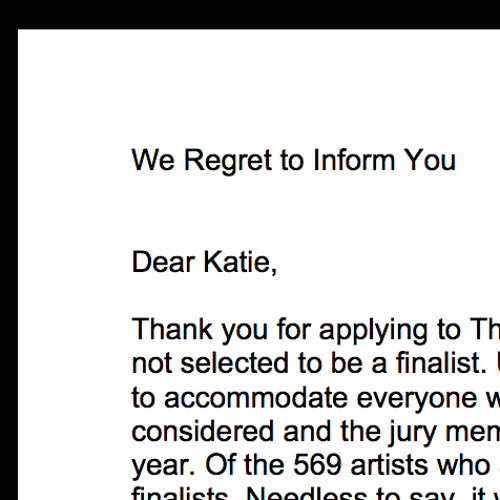
She believes schools should accept social transitioning in the classroom only after they have checked whether it is being done under clinical supervision. Ms O’Malley said a school accepting or encouraging a student’s social transitioning is an “active intervention” that can influence a child’s psychological development. Stella O’Malley, a psychotherapist who addressed the Education Training Boards Ireland conference earlier this year, believes it is wrong for schools to simply accede to a student’s request to be addressed by a different pronoun and to socially transition. Some schools and boards seek alternative advice. However, such an approach is not universally supported. We would generally encourage the parent to support the child.” “There can be difficulties where the child says one thing and the parents say something else. The association’s deputy general secretary, Diarmaid de Paor, said: “We don’t have a written policy, but certainly we would advise schools to use the pronoun that a child wishes to be used, and that’s generally what happens. The Association of Secondary Teachers, Ireland (ASTI), which represents more than 18,000 secondary school teachers, said it generally advises schools to use the pronouns students request to be addressed by.
#To inform you free
Get ahead of the day with the morning headlines at 7.30am and Fionnán Sheahan's exclusive take on the day's news every afternoon, with our free daily newsletter.Įnter email address This field is required Sign Up “We know that traditional notions of gender exert vast influence on students, particularly in primary school settings. “Students at primary school level are ready for this type of curriculum when addressed appropriately and confidently,” the TENI guide states. It said policies are set by each board of management, and they would be guided by their management body.Ī TENI guide for primary school teachers hosted on the website of the Irish National Teachers’ Organisation advises teachers to make discussing gender a “frequent and recurring theme”. In a later statement, the IPPN said it “fully supports and promotes inclusive practice to ensure that all students and staff members are treated with dignity and respect”. That state-funded support group has not responded to Sunday Independent queries since this newspaper reported on how the HSE suspended its funding over the late filing of annual accounts and how internal HSE records show the health service is concerned about the medical advice TENI gives out.

#To inform you professional
The Irish Primary Principals Network (IPPN), the professional body for the leaders of Ireland’s 3,200-plus primary schools, last week initially directed queries about its policies on transgender issues to Transgender Equality Network Ireland (TENI).

Among the schools that have participated is Wilson’s Hospital in Westmeath, which Enoch Burke attended. The cost to the department last year was €58,000, and 68pc of secondary schools participated in the campaign to tackle homophobic and transphobic bullying and “increase respect for diversity and LGBT identities”. Since 2013, the department has funded BelongTo, a registered charity that supports LGBTQ+ youth, to run a Stand Up Awareness Week.


“In relation to the particular vulnerability of the under-16 age group and in line with the commitment in the Programme for Government, research is being commissioned to inform the administrative development of recognition for this age group,” the department said.Īn Ireland Thinks poll last month showed 70pc of Irish people opposed legal gender self-identification for under-16s, even if they have parental consent. A draft bill has been sent for pre-legislative scrutiny. The department said the Government intends to make this “less onerous” by extending self-declaration to 16- and 17-year-olds. Those aged between 16 and 17 need parental consent, two medical certificates and a court order. While adults can self-declare their gender under the 2015 Gender Recognition Act, there is no such facility for under-16s.


 0 kommentar(er)
0 kommentar(er)
